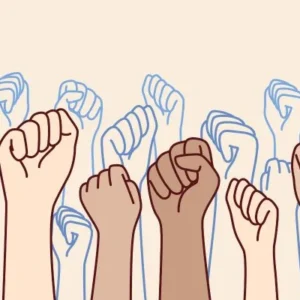On October 15, the U.S. Supreme Court will rehear Louisiana v. Callais, a case with far-reaching implications for Black voters’ ability to achieve equal representation in Congress. The central question is whether creating majority-Black districts, a measure designed to comply with the Voting Rights Act, constitutes unconstitutional racial discrimination.
In 2022, Louisiana lawmakers drew a congressional map that allowed Black voters—roughly one-third of the state’s population—a realistic opportunity to elect a candidate of their choice in only one of six districts. Federal courts found this violated the Voting Rights Act, which prohibits voting practices that discriminate based on race. In response, the legislature created a second majority-Black district connecting Baton Rouge and Shreveport, aligning the political map more closely with the state’s demographics for the first time in decades.
A group of white voters challenged the new map, arguing that deliberately creating a district where Black voters could elect their preferred candidates was itself discriminatory. A divided federal court agreed, ruling that race had been given too much weight. The Supreme Court must now decide whether such race-conscious districting violates the Constitution, despite Congress endorsing similar remedies in 1965.
Legal experts warn that the case could echo the 2013 Shelby County v. Holder decision, which weakened the Voting Rights Act and enabled widespread voter suppression. If the Supreme Court narrows the law’s protections again, challenging racially skewed electoral maps could become nearly impossible.
Constitutional scholar Erwin Chemerinsky notes the court could further undermine the principle of disparate impact, which recognizes policies as discriminatory if they disproportionately harm people of color, even without explicit racist intent. This principle has long been applied to enforce equal rights in areas like housing, education, and employment, helping the U.S. align with international human rights standards.
The 14th and 15th Amendments, along with the Voting Rights Act, were enacted to protect Black Americans from exclusionary practices like racial gerrymandering. Using these legal tools to dismantle race-conscious remedies would directly oppose their original intent, raising concerns about the future of equal representation in the United States.







